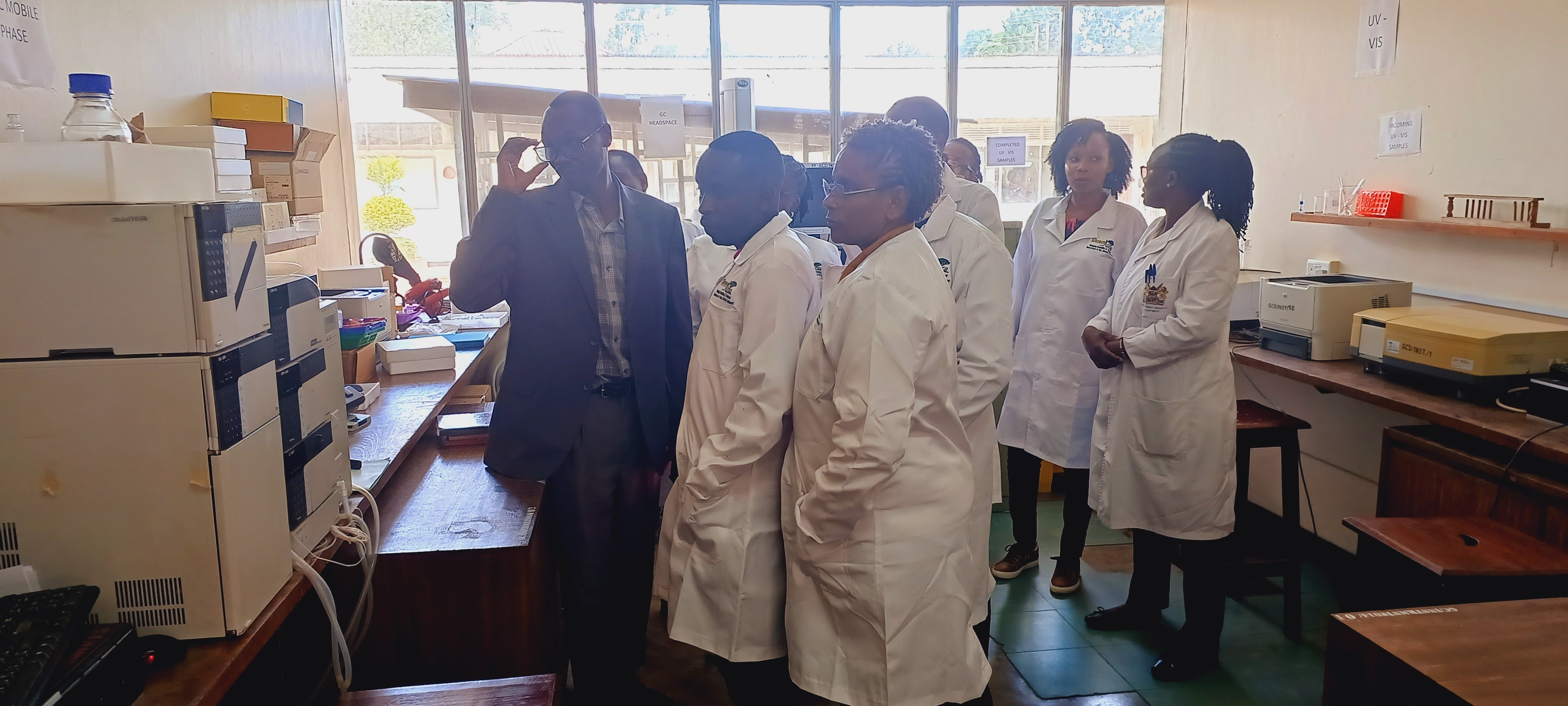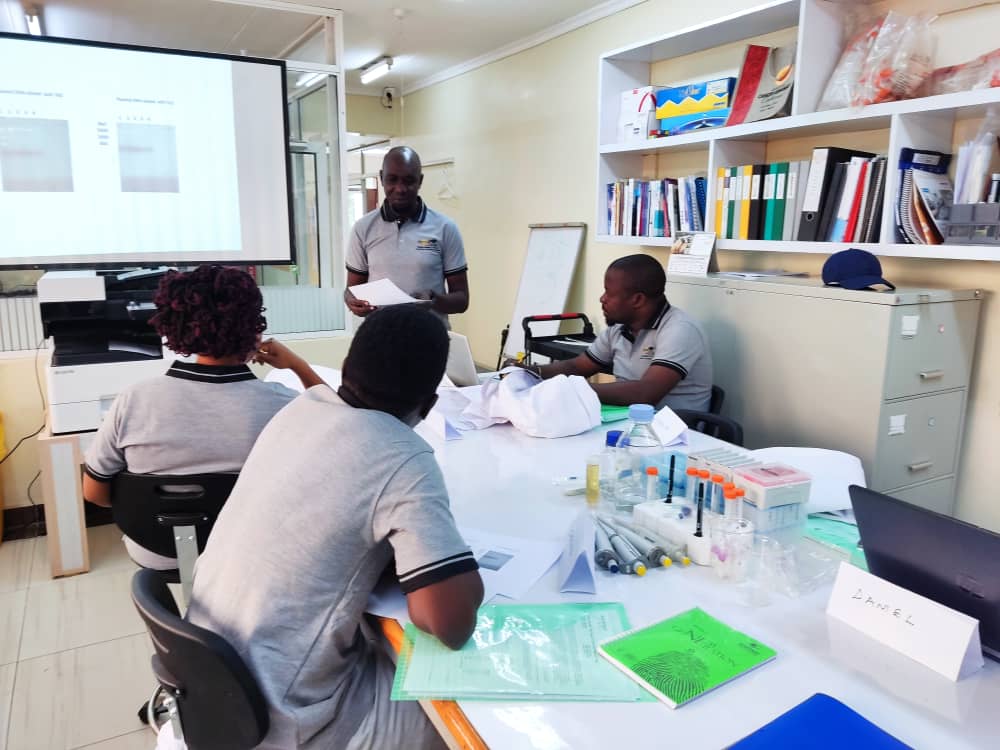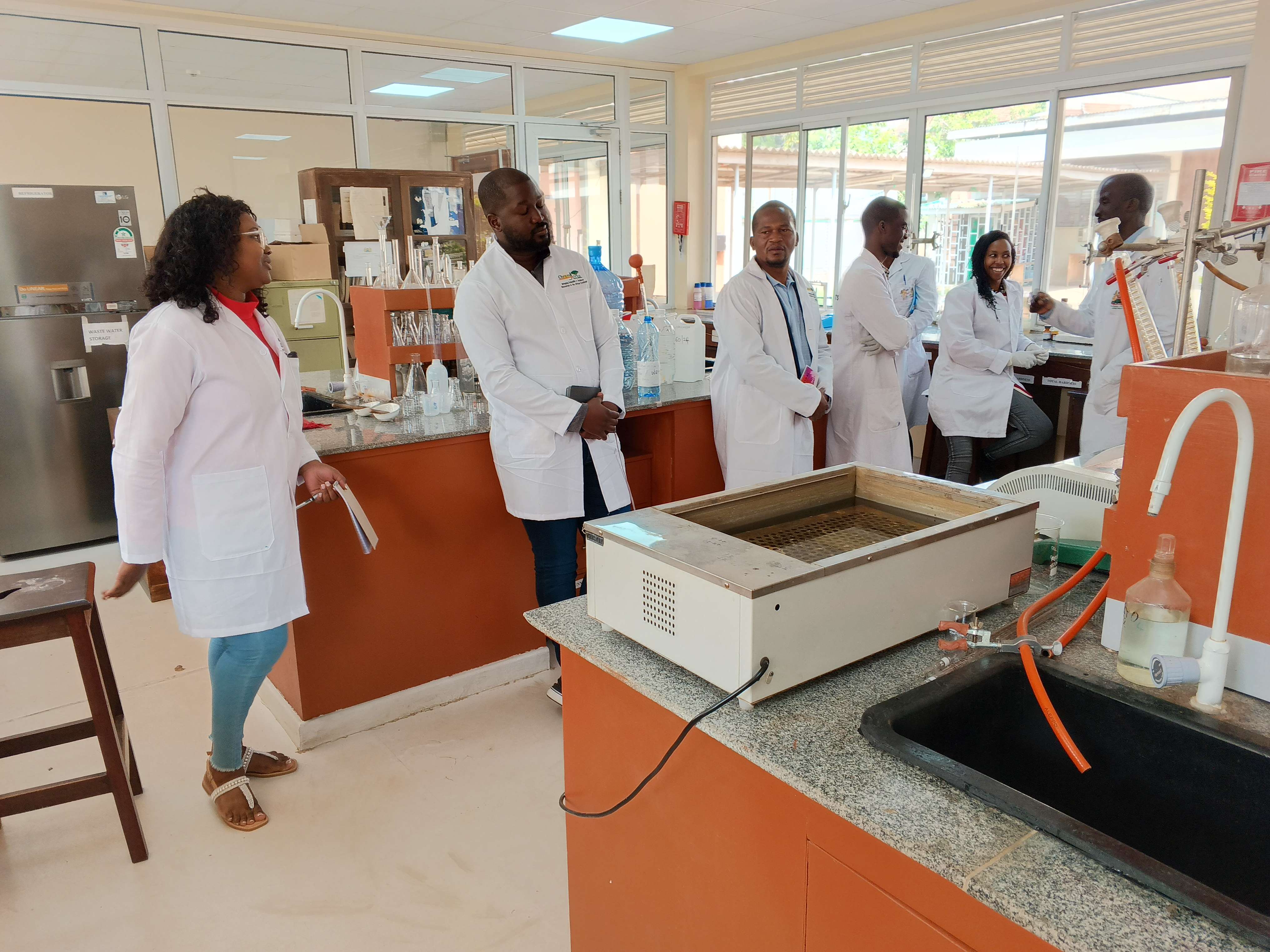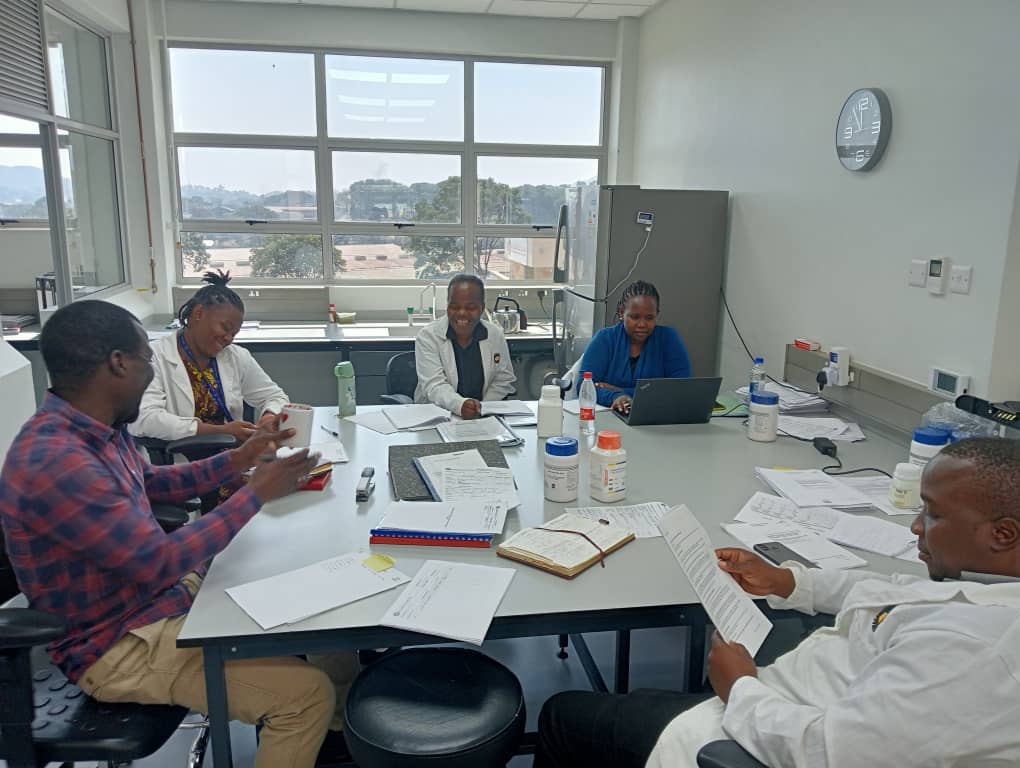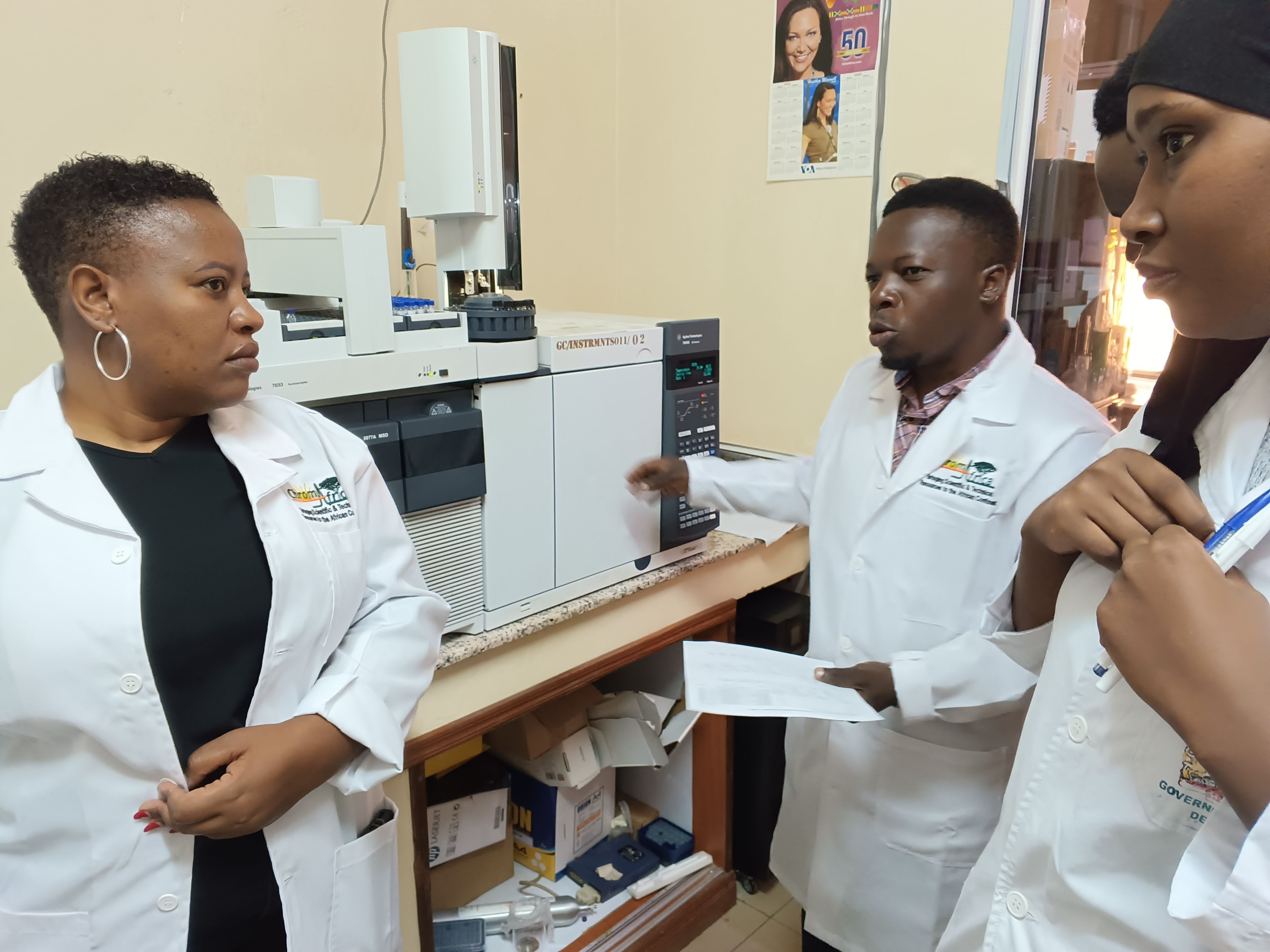Vacuum Systems
Mass analyzers require high levels of vacuum in order to operate in a predictable and efficient way. The vacuum system of most modern LC-MS systems consist of a differentially pumped system, usually with a foreline pump establishing a rough vacuum and a high vacuum pump situated on the analyzer body to establish the high levels of vacuum required for effective mass to charge ration measurement. This module will discuss the different types of vacuum pumps available and explain the importance of vacuum in LC-MS.
Topics include:
- Vacuum systems
- Mean free path
- Rotary pumps
- Foreline pumps
- Turbomolecular pumps
- Diffusion pumps
- Vacuum and flow rate incompatibility
- Establishing vacuum and transmission
- The sampling orifice plate
- Nozzle-skimmer region - analyte enrichment
- Second pumping stage
- Molecular beam theory
- Practical implications of the skimmer position
- Vacuum system troubleshooting and maintenance
- Vacuum leaks
- Foreline pumps - gas ballasting
- Foreline pumps - exhaust filters
- Foreline pumps - rotary pump oil
- High vacuum pumps

